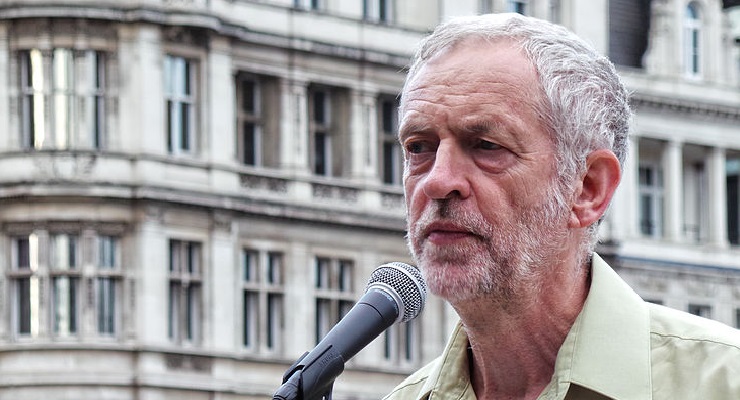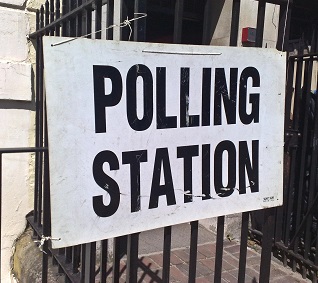
So the farce that was the UK General Election 2017 has come to an end. Glorious leader Theresa May spun back on her own words about not calling one in the first place and justified it by saying that all the division in Westminster can be settled and a strong Tory majority will strengthen her hand at the negotiating table in Brexit negotiations.
This did not happen. A strong and resurgent Labour Party under Jeremy Corbyn ran a fantastic campaign focused around truly progressive and forward-looking policies that really resonated with the electorate, especially the younger generations who came out and voted in numbers never seen before.
What happened was Labour gained an extra 30 MPs and the Tories lost 13 and this resulted in them losing their majority in the House of Commons and a Hung Parliament ended up being the result for the second time in 7 years.
Other changes at this election saw the Scottish National Party (SNP) lose a fair few of its seats in Scotland to both Labour and the Tories. This is presumably because of many people in Scotland’s opposition to a second referendum on Scottish Independence, something being planned by the Scottish Government.

Another wonderful change that was seen, was the total collapse of the UKIP vote, they only had 1 MP to begin with but it is still lovely to see that people saw the light and didn’t bother to vote for them as much as in 2015.
In the aftermath of the election, Theresa May continued on as Prime Minister, which she is entitled to do as leader of the largest political party and is now seeking the backing of the Democratic Unionist Party (DUP) from Northern Ireland. We’re told that there will be no official coalition and the support from the DUP will be on a confidence and supply basis and vote by vote system.
Negotiations between the Tories and the DUP are ongoing and very few details have come through and not too many people actually know what is going on. We do know that the Queen’s Speech (the event setting out the Government’s legislative agenda) may be delayed though, something very rare.
What is clear is the Labour Party and Jeremy Corbyn has stepped up and is presenting the nation with a clear legislative agenda and direction that they wish to take the country and is fully prepared to start this straight away.
In regard to the effect this election has had on British democracy it reaches at several levels. Firstly, the increased number of young people, especially the 18-24 age group voting is something to be celebrated. The percentages are still behind that of their elder counterparts but compared to previous elections, it is a much better result. Secondly, overall participation and turnout at this election is something to be celebrated; more people voted in this election than any other election since 1992.
But whether this election taking place in the first place being good for democracy is another issue. It could be argued that; yes, Theresa May was being democratic in going to the people to give them their say. However, on the contrary the result of the election has thrown the whole democratic process up in the air.
With the level of influence the DUP are expected to be gaining (whose uber-conservative social beliefs are not in line with that of the rest of the country) this causes issue for concern. Also, with the inconclusive election result, people should not be surprised if there is another election within 6 months to a year.
Whilst there was a high turnout at the election, the British people are not keen on voting all the time and do expect their Governments to be able to get on with things and govern.
The true failure of this whole election cycle is Theresa May’s total failure on delivering her prized ‘strong and stable’ message. As a result of her campaign and what she has done there is now no strength and stability within Westminster, she is weak and wobbly. The length of time it will take for there to be strength and stability all depends on how long it takes for Jeremy Corbyn to start living in Number 10.
Leave a Reply